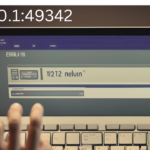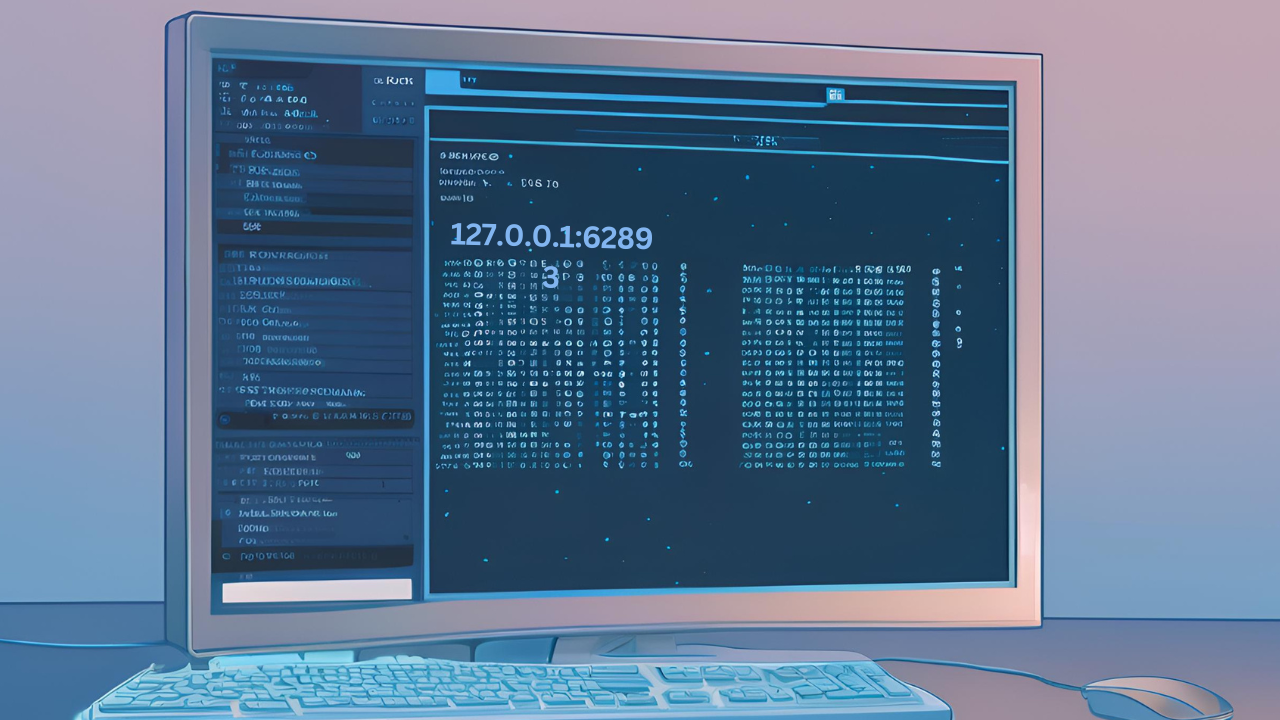In the intricate world of computer networking, understanding the significance of specific IP addresses and ports is crucial. Among these, 127.0.0.1:62893 stands out as a unique identifier for a connection that plays a pivotal role in many technical operations. This article delves into the depth of 127.0.0.1:62893, unravelling its importance, functionality, and various scenarios where it is commonly utilized.
What Is 127.0.0.1?
The IP address 127.0.0.1 is universally recognized as the loopback address. In simple terms, this address refers to your computer itself. When a device sends a request to 127.0.0.1, it is communicating with itself. This feature is crucial for network testing and troubleshooting, allowing developers and IT professionals to simulate network requests without actually transmitting data over an external network.
The loopback address is vital for ensuring that various applications on a single device can communicate without the need for external routing. This self-referential address plays a key role in maintaining the internal coherence of the system’s networking functionalities.

The Role of Port 62893
While 127.0.0.1 acts as the loopback IP address, 62893 is the port number associated with a particular service on your local machine. Ports are like virtual gateways that facilitate communication between your computer and various applications or services. Each port is assigned a unique number, allowing different services to operate simultaneously without interference.
Also Read: Revo Technologies Murray Utah: A Comprehensive Overview
In the case of 127.0.0.1:62893, port 62893 is used by a specific application or service running locally. The combination of the loopback address and the port number allows the service to communicate with other parts of the system or to be tested by developers.
Common Scenarios for Using 127.0.0.1:62893
Web Development
One of the most common uses of 127.0.0.1:62893 is in web development. Developers frequently run web servers on localhost to test websites or web applications. This setup allows them to make changes, debug issues, and test new features without exposing the application to the internet. The use of 127.0.0.1:62893 ensures that these tests are conducted in a controlled environment, safeguarding the integrity of the development process.
Network Testing
Another crucial application of 127.0.0.1:62893 is in network testing. IT professionals use this address and port combination to diagnose and troubleshoot network issues. By sending requests to 127.0.0.1:62893, they can verify whether services are running correctly on the local machine, check for connectivity issues, and ensure that the system’s internal network configurations are functioning as expected.
Remote Access
Certain applications require remote access to other parts of the same computer or a local network. 127.0.0.1:62893 facilitates this by providing a reliable address-port combination that applications can use to establish internal connections. This is particularly useful for services that need to communicate with other processes running on the same device without involving external networks.
Understanding System Configuration
The specific service or application using 127.0.0.1:62893 will vary depending on the system configuration and the software installed. Identifying the service associated with this port may require checking system logs, exploring network configurations, or consulting documentation for the relevant applications.
For instance, if 127.0.0.1:62893 is being used on your machine, it might be tied to a web server you’re running for development purposes, a network monitoring tool, or another local service. Understanding this connection can help you better manage and troubleshoot your system.
Troubleshooting and Security
Given that 127.0.0.1:62893 is a local host address, it’s generally secure from external attacks. However, if you encounter issues or suspect that the port is being used maliciously, it’s essential to take appropriate action. This could involve:
- Checking System Logs: Review your system’s logs to see which service is using 127.0.0.1:62893. This can provide insights into whether the connection is legitimate or if further investigation is needed.
- Consulting Documentation: If you need clarification on which application is using the port, check the documentation for any recently installed software or services. This can help you determine if the connection is expected.
- Running Security Scans: If you suspect malicious activity, running a security scan can help identify any potential threats associated with 127.0.0.1:62893. While local-host connections are typically safe, it’s always better to be cautious.
Conclusion
The address 127.0.0.1:62893 is more than just a string of numbers; it’s a crucial component of your computer’s networking framework. By understanding its role and applications, you can leverage 127.0.0.1:62893 for web development, network testing, and remote access, ensuring that your system runs smoothly and securely.
Whether you’re a developer testing new code, an IT professional troubleshooting a network issue, or simply curious about your system’s inner workings, 127.0.0.1:62893 is a vital tool in your networking arsenal. By mastering its use, you can enhance your technical capabilities and maintain better control over your computing environment.

















